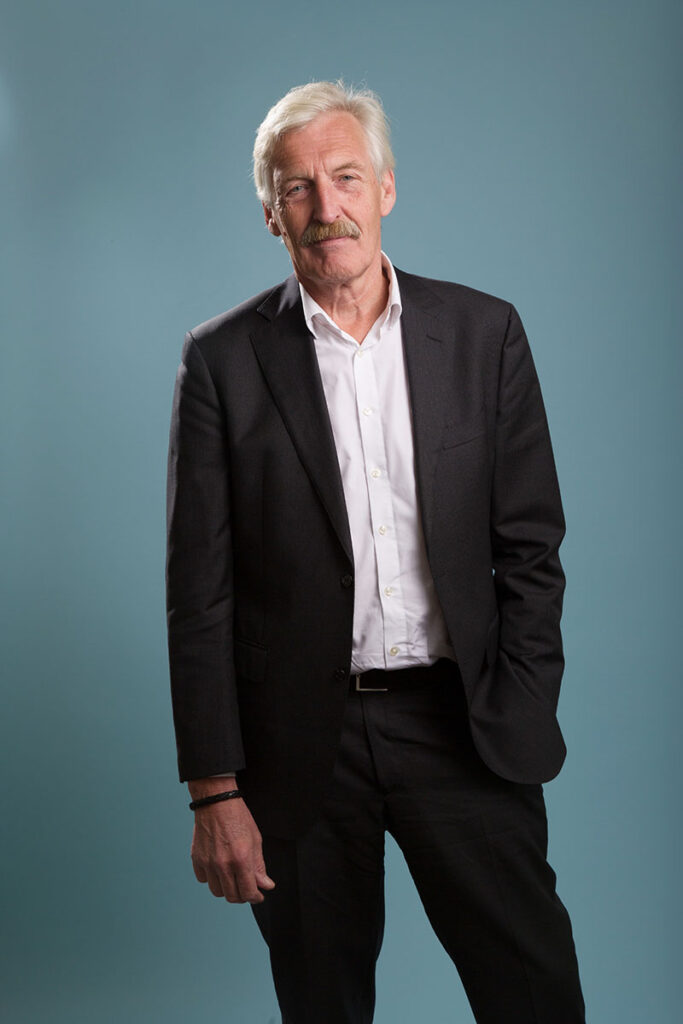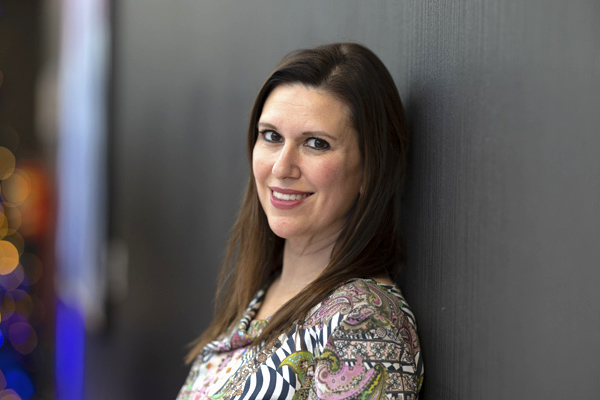Just over 25 years ago the Julius Center was established at the University Medical Center Utrecht as a community of epidemiologists and other health scientists, aimed at conducting high quality research and teaching according to the principles and methods of modern epidemiology, with major impact for patients and populations. Around the same time the WEON (the annual Netherlands Epidemiology congress) was organised in Utrecht and now the WEON visits Utrecht again in 2024.
The world has changed in multiple ways over that period and so has epidemiology. Most markedly has been the prominence of evidence-based medicine fuelled by the clinical application of epidemiologic principles which by now have become part of the standard approach in applied clinical research. While for a long time epidemiologic research has been based on empirical data collection in carefully designed cohorts of patients, the role of data has essentially changed now that data collection and access have become ubiquitous. According to the latest estimates, a staggering 328.77 million terabytes of data are created each day. Data relevant for health research can be found everywhere, but comes in various forms, quality, density and from markedly different sources. Routinely collected data from health care can be combined with information on exposures and behaviour such as air quality or from social media that give unprecedented opportunities to study mechanisms of disease and detect new ways to prevent and treat disease.
Epidemiology today charters new territory embracing new methods to cope with clouds full of data. Computer intensive “regression analysis on steroids” machine learning and related techniques are rapidly becoming part of our toolbox. While data have become bigger, the world in a way became smaller. There is increasing understanding that health risks do not recognise borders and inequalities in health arise from global inequalities in health care and health threats. Perhaps the biggest impact on the future health of individuals and populations can be expected from climate change and air pollution. The past eight years have been the eight warmest on record.
Whoever wishes to investigate medicine properly, should proceed thus: in the first place to consider the seasons of the year, and what effects each of them produces for they are not at all alike, but differ much from themselves in regard to their changes. Then the winds, the hot and the cold, especially such as are common to all countries, and then such as are peculiar to each locality.
We must also consider the qualities of the waters, for as they differ from one another in taste and weight, so also do they differ much in their qualities. In the same manner, when one comes into a city to which he is a stranger, he ought to consider its situation, how it lies as to the winds and the rising of the sun; for its influence is not the same whether it lies to the north or the south, to the rising or to the setting sun. These things one ought to consider most attentively.
In the spirit of these careful observations, and armed with a strong legacy of epidemiologic knowledge on valid study design, data analysis and unconfounded inference, epidemiology is well equipped to help making sense and generate scientific insights in the distributions of health and disease and their determinants in a changing environment. This is why WEON 2024 has Planetary Health as its theme.
Planetary health is a transdisciplinary field of research and action that addresses the impacts of human disruptions to the Earth’s natural systems on human health. Indeed transdisciplinary, as much of our research is conducted today, but with a clear responsibility for epidemiologists to help drive this field forward.
We present an exciting programme with content that will appeal to anyone of you, juniors and seniors alike.
On behalf of the organising committee,

Rick Grobbee
Professor of Clinical Epidemiology
Julius Center for Health Sciences and Primary Care
University Medical Center Utrecht
Introduction WEON 2024: Planetary Health
In a time where the world is facing increasingly complex health issues, epidemiology plays a crucial role in understanding, predicting, and addressing global health impacts.
Planetary Health as the central theme for the WEON 2024 congress emphasises the close interconnection between human health and the environment. This theme has gained substantial prominence due to its relevance on a global scale, acknowledging that health issues are not confined by geographical boundaries. It underlines the imperative need to explore the health implications of massive environmental changes, including climate disruptions, ecological imbalances, shifting ecosystems, and socioeconomic determinants, affecting populations across diverse regions worldwide.
Epidemiologists are crucial stakeholders in unravelling the complexities of Planetary Health. They analyse vast datasets and patterns to better understand the relationships between environmental shifts and their impacts on disease prevalence, public health, and overall well-being. By doing so, they contribute to identifying emerging health risks, informing evidence-based interventions, and developing preventive measures to protect the health of the global population.
WEON 2024 serves as a platform where scientists among various disciplines and stakeholders come together to discuss crucial issues within Epidemiology & Planetary Health and collectively explore solutions that positively impact the health of the world. It facilitates the exploration of novel solutions and strategies to address the challenges posed by environmental transformations, fostering the development of sustainable interventions aimed a healthier and more sustainable world.
We look forward to hosting an inspiring congress and invite you to join us in engaging, collaborative discussions toward advancing Planetary Health

Lotty Hooft
Professor of Evidence Synthesis and Knowledge Translation in Healthcare
Julius Center for Health Sciences and Primary Care
University Medical Center Utrecht
Programme
| May 29 | |
|---|---|
| 09:00 | Registration |
| 10:00 | Opening and Keynotes |
| 12:15 | Lunch (separate lunch for early career researchers) |
| 13:10 | Poster session 1 |
| 14:00 | Parallel session 1 |
| 15:15 | Break |
| 15:45 | Parallel session 2 |
| 17:30 | Dinner |
| 20:00 | Social programme |
| May 30 | |
|---|---|
| 09:00 | Masterclasses |
| 10:30 | Break |
| 11:00 | Parallel session 3 |
| 12:30 | Lunch |
| 13:10 | Poster session 2 |
| 14:00 | Keynotes |
| 15:55 | VvE awards and closing |
| 16:30 | Farewell drinks |
Venue
Hotel Theater Figi
Het Rond 2
3701 HS Zeist